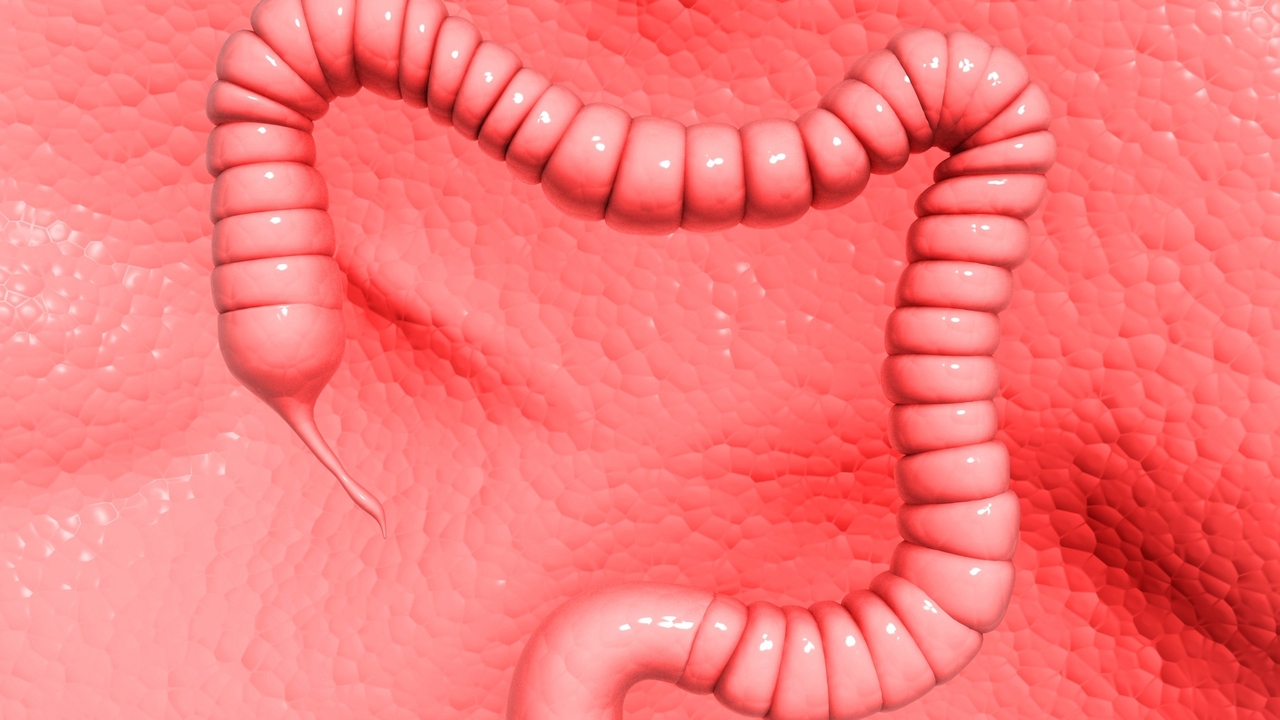While rectal cancer is considered to be rare among young individuals in the U.S., researchers say it's rising among the under 40 population, across races and in both sexes.
Joshua Meyer, MD, a radiation oncologist at Fox Chase Cancer Center, led a team that analyzed trends in rectal cancer incidence in the U.S. compared with colon cancer trends.
By conducting a retrospective study using epidemiology data from 1973 through 2005 he identified 7,661 colon and rectal cancer patients. The results, published early online in Cancer, a peer-reviewed journal of the American Cancer Society, found that colon cancer rates remained essentially flat in individuals younger than 40 but that rectal cancer rates have been increasing since 1984 by 3.8 percent per year.
Common symptoms of colon and rectal cancer is a change in bowel habits, including:
- Having diarrhea or constipation
- Feeling that your bowel does not empty completely
- Finding blood (either bright red or very dark) in your stool
- Frequently having gas pains or cramps, or feeling full or bloated
- Losing weight with no reason
- Feeling tired all the time
- Having nausea or vomiting
Because colon and rectal cancer is considered rare in people under age 40, it may lead to missed or delayed diagnoses in younger people, Meyer said. Most often, these symptoms are not due to cancer, as other health problems can cause the same symptoms. Anyone with these symptoms should see a doctor to be diagnosed and treated as early as possible, he said.
Usually, early cancer does not cause pain. It is important not to wait to feel pain before seeing a doctor, Meyer said. Treating advanced colon and rectal cancer is very difficult and waiting until you feel pain increases the likelihood of an unfavorable outcome.
“We suggest that in young people presenting with rectal bleeding or other common signs of rectal cancer, endoscopic evaluation should be considered to rule out a malignancy,” said Meyer. “This is in contrast to what is frequently done, which is to attribute these findings to hemorrhoids. More frequent endoscopic evaluation may be able to decrease the documented delay in diagnosis among young people,” he explained.
Because the overall incidence of rectal cancer is relatively low, the authors do not advocate for a change in colonoscopy screening guidelines which begin at age 50.
Lynette Summerill is an award-winning writer who lives in Scottsdale, Arizona. In addition to writing about cancer-related issues, she writes a blog, Nonsmoking Nation, which follows global tobacco news and events.






Add a CommentComments
There are no comments yet. Be the first one and get the conversation started!